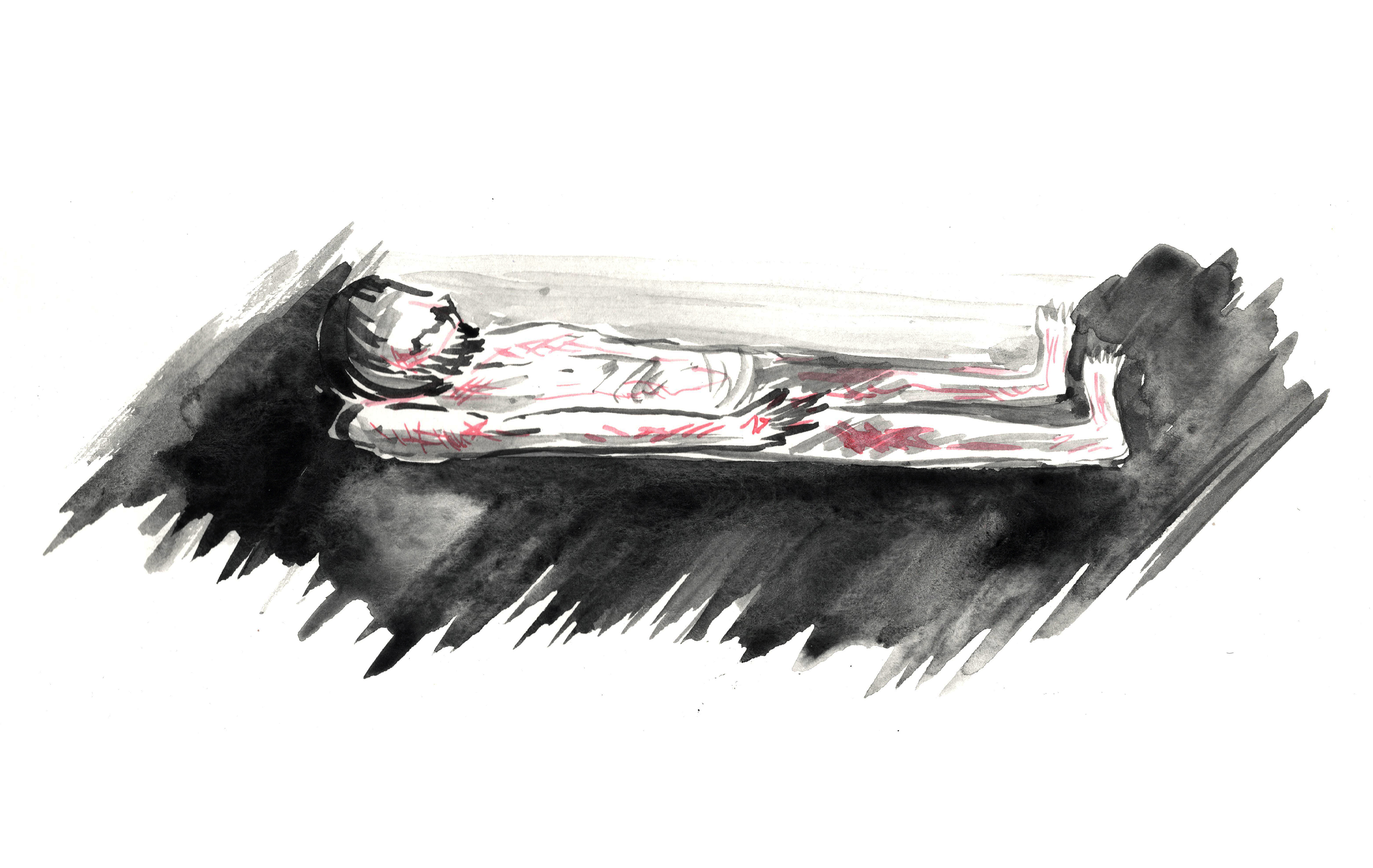Cheah Kim Swee was an inspector with the Straits Settlements Police at the time of the Japanese Occupation. Kim Swee’s experience shows how the Japanese had to rely on locals to staff various local institutions such as the police force, despite their wartime occupation and control of Singapore. The locals worked together with the Japanese colonizers, and in doing so, sometimes witnessed acts of brutality.
Kim Swee was a Police Inspector at the Criminal Investigation Department and had worked in the Straits Settlement Police since January 1939. During the war crimes trials, he served as a witness in the trial of Wakayama Yukio, the Superintendent of Central Police Station during the Japanese Occupation, and Kawatoko Keniji, a police officer working under Wakayama. However, Kim Swee’s testimony only concerned Wakayama. Both accused persons were Japanese civilians deployed to Singapore and one of their alleged offences was that they had ill-treated suspects during investigations into the theft of a lorry belonging to the Central Police Station.
During that period, Kim Swee was on investigation duty at Central Police Station, attached to the Judicial Crimes Investigation section. Wakayama was Kim Swee’s superior at the time and Kim Swee’s office was opposite Wakayama’s.
Wakayama was initially in charge of investigating the lorry theft. Kim Swee was asked by Wakayama to enter his office and witnessed Wakayama force a suspect, Hakim, to lie on the ground for around 5 to 10 minutes while water was poured into his mouth.. Kim Swee noticed this was in response to Hakim’s denial of involvement in the lorry theft. Kim Swee also witnessed the same ill-treatment given to two other suspects, Yau Hap and Nawi.
Kim Swee eventually took over investigation of the lorry theft and recovered several parts of the lorry. He also oversaw the arrest and the conviction of the actual perpetrators of the lorry theft, none of whom were the suspects that Wakayama had ill-treated. Kim Swee took about a week to locate the lorry parts and the actual perpetrators, resolving the case within a month of the lorry theft.
Kim Swee later revealed that a possible reason why Wakayama had initially taken charge of the investigations regarding the lorry theft, despite his status as Superintendent, was because the lorry was under his charge. He also stated that despite their innocence, Hakim, Yau Hap and Nawi, who had all been police employees, were dismissed from their jobs, though it was unclear if this was linked to the lorry theft.
